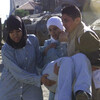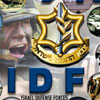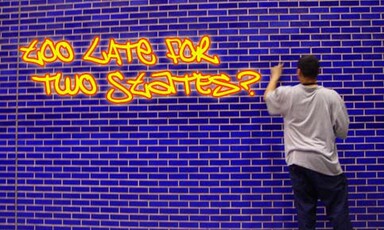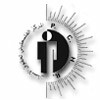
Who can say 'yes' to the Geneva Accord?
22 December 2003
A thousand accounts of the accord have preceded it from every point in the political spectrum, not to mention the elaborate sound-and-light show in Geneva itself, with a cast including Jimmy Carter, Nelson Mandela, Lech Walesa and even Richard Dreyfuss. We have learnt to be wary of stage-managed productions, from Clinton, Rabin and Arafat on the White House lawn in 1993 to Bush, Sharon and Abu Mazen in Aqaba in 2003. In the West Bank and Gaza Strip, Palestinians are being killed and maimed every day. Time is of the essence. Maher Mughrabi comments from Australia. Read more about Who can say 'yes' to the Geneva Accord?








